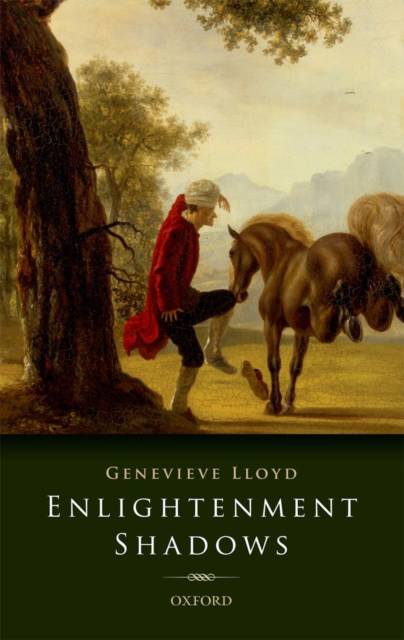
- Afhalen na 1 uur in een winkel met voorraad
- Gratis thuislevering in België vanaf € 30
- Ruim aanbod met 7 miljoen producten
- Afhalen na 1 uur in een winkel met voorraad
- Gratis thuislevering in België vanaf € 30
- Ruim aanbod met 7 miljoen producten
Zoeken
€ 120,45
+ 240 punten
Uitvoering
Omschrijving
Genevieve Lloyd presents a new study of the place of Enlightenment thought in intellectual history and of its continued relevance. She offers original readings of a range of key texts, which highlight the ways in which Enlightenment thinkers enacted in their writing--and reflected on--the interplay of intellect, imagination, and emotion.
Specificaties
Betrokkenen
- Auteur(s):
- Uitgeverij:
Inhoud
- Aantal bladzijden:
- 192
Eigenschappen
- Productcode (EAN):
- 9780199669561
- Verschijningsdatum:
- 25/07/2013
- Uitvoering:
- Hardcover
- Afmetingen:
- 146 mm x 221 mm
- Gewicht:
- 370 g

Alleen bij Standaard Boekhandel
+ 240 punten op je klantenkaart van Standaard Boekhandel
Beoordelingen
We publiceren alleen reviews die voldoen aan de voorwaarden voor reviews. Bekijk onze voorwaarden voor reviews.








